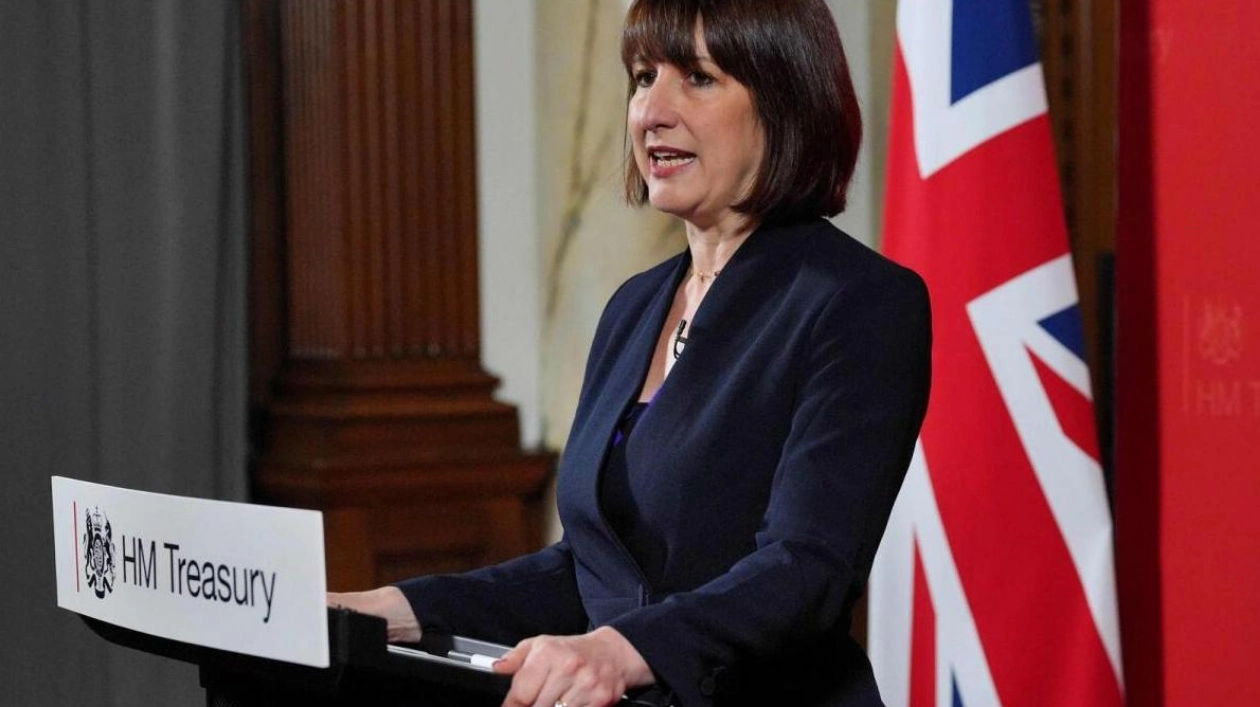Britain's Finance Minister Rachel Reeves announced on Monday that she has initiated efforts to clear obstacles for infrastructure projects and private investment, as part of a new "national mission" aimed at boosting economic growth following her Labour Party's overwhelming election victory.
As the centre-left party returns to power after 14 years, Reeves and Prime Minister Keir Starmer convened over the weekend to outline initial actions demonstrating their swift response to addressing chronic issues and revitalizing growth. Britain's first female finance minister emphasized the urgency, stating "there is no time to waste" as she committed to addressing the housing shortage and expediting approvals for infrastructure projects, including an increase in wind farms. She also appealed to investors who have been hesitant to invest in the UK since the 2016 Brexit vote, which led to political instability.
"After 14 years, Britain now has a stable government — a government that values business, seeks partnerships with business, and is open for business," Reeves, a former Bank of England economist, stated during a speech at the Treasury department. "In a world filled with uncertainty, Britain is a place to do business."
Reeves and Starmer are faced with one of the most challenging agendas for any new government, tasked with stimulating growth to fund increased public service spending without reneging on a promise not to raise taxes on working people. With limited options, as living standards have stagnated since 2010, public debt is near 100% of national economic output, and tax as a percentage of GDP is set to reach its highest level since World War II, they must navigate carefully.
Reeves announced that the government would reinstate housing targets for local councils, which were abolished by the previous Conservative administration, and support strengthening local planning teams to expedite projects aimed at tackling the long-standing issue of insufficient housing. "We will not accept a status quo that responds to trade-offs by always saying no, and places the national interest below other priorities," she declared.
Additionally, she mentioned that the government would lift the de facto ban on onshore wind farms, encourage pension funds to invest in British businesses, and prioritize unresolved planning decisions. Reeves also disclosed that she has commissioned an evaluation of the country's "spending inheritance" and plans to present the findings before parliament's summer recess, followed by a comprehensive tax-and-spend budget later this year.
To regain the confidence of international investors, Britain must overcome the political instability that followed the 2016 EU exit vote and the subsequent five prime ministers in eight years. According to official data, inward foreign direct investment has declined in four of the last five quarters. "Investors in New York or Hong Kong might have read the headlines and found it easy to say 'why bother?'" commented Toby Gibb, head of investment solutions at fund manager Artemis. "What (the election) does is alleviate that uncertainty - it allows overseas investors to invest with more security."
Amanda Blanc, CEO of insurer Aviva, noted that while investors are interested in investing in Britain, they require the government to establish priorities, reform the planning system, and co-invest in risky areas to enhance confidence, such as hydrogen or nuclear. "If the government invests there, then we can step in behind them," Blanc stated to Reuters shortly before the July 4 election. "There is plenty of money."
Housing has been a contentious issue in Britain, with some voters resisting plans to build in rural, green areas, while others demand an increase in supply to reduce the cost of buying or renting a home.






